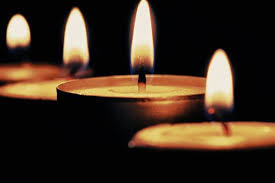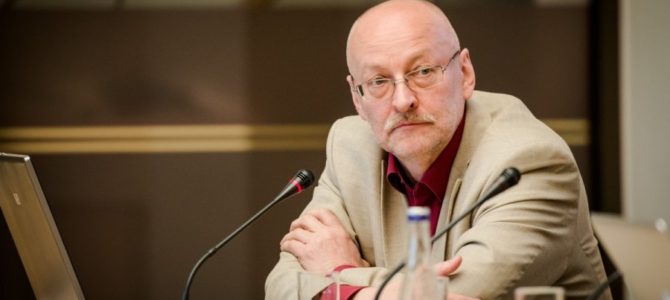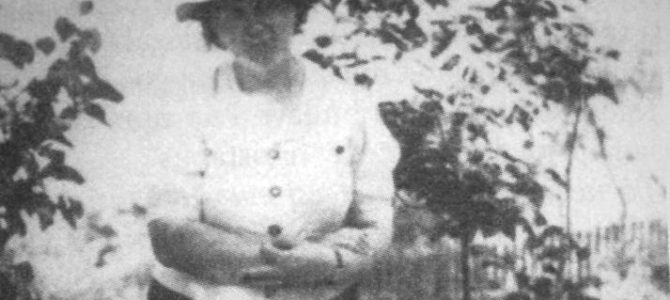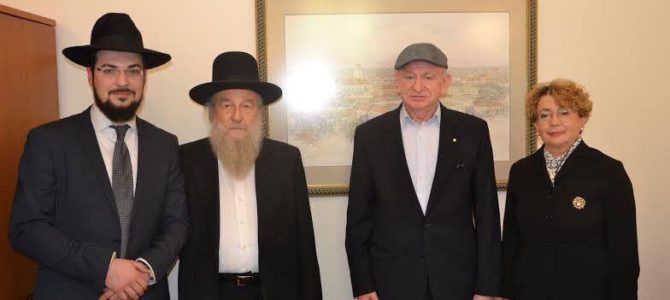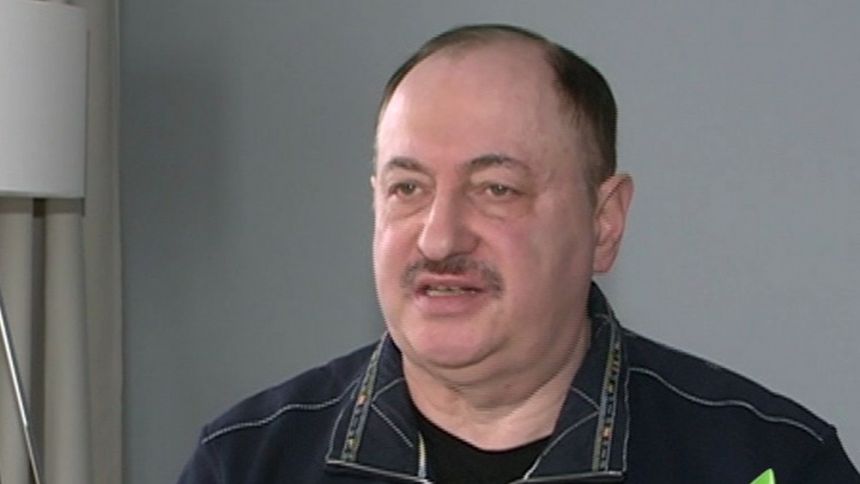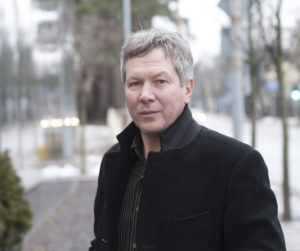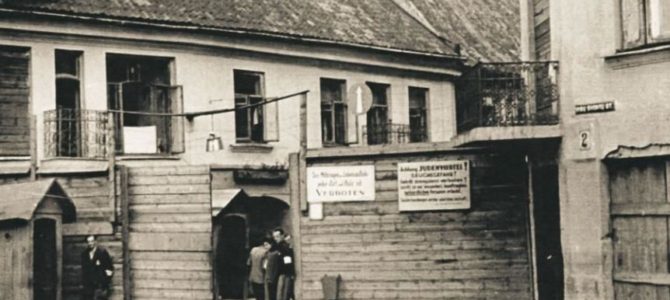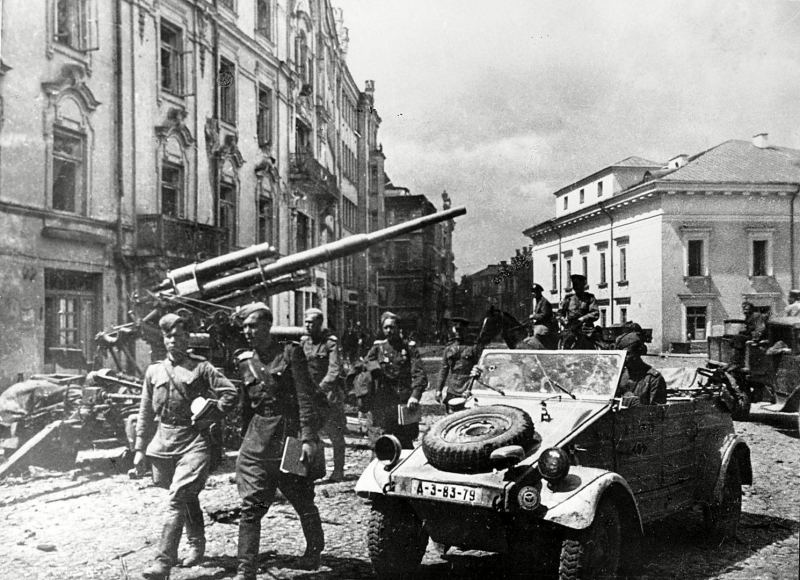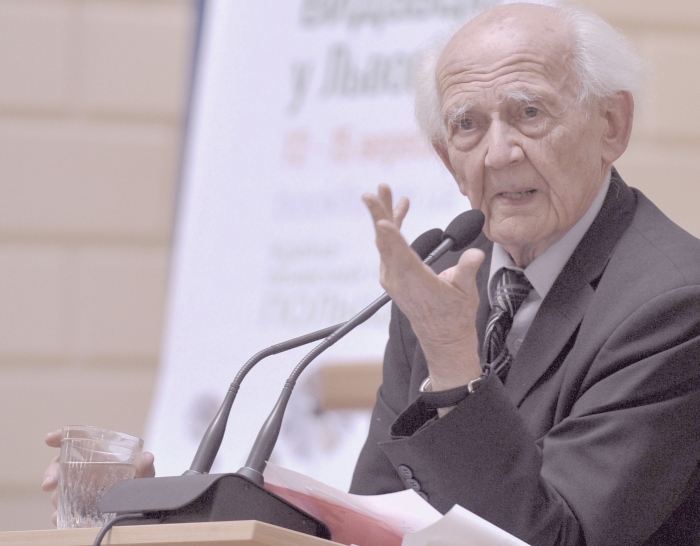
Polish philosopher Zygmunt Bauman passed away at the age of 91 surrounded by family at his home in Leeds Monday following illness. Bauman was born in 1925 in Poznan (Posen) and in 1939 fled Nazi-occupied Poland for Soviet-occupied Poland. In the Communist Polish military Bauman did political education, took part in the battles for Kolberg (Kołobrzeg) and Berlin and worked in Communist security and espionage institutions.
Bauman took up sociology at the Warsaw Social Sciences Academy after the war and then transferred to philosophy at Warsaw University. He published his first book in 1960. Born to a non-observant Jewish family, Bauman left Poland during the anti-Semitic wave of 1968 and moved to Israel, teaching at Tel Aviv University. He soon moved from there to Leeds where he taught at Leeds University. Since the move to Leeds he wrote in English.
Bauman authored about 50 books and more than 100 articles on the topics of globalization, modernity, post-modernism, consumerism, morality and the Holocaust. His views concerning the Holocaust were extremely nuanced and included at times denouncements of Western Holocaust commemoration as a culture of death and a new religion with its own list of martyrs, “the Names,” intended to act as a sort of surrogate Judaism for the non-observant and Gentiles, or as a completely new religion but offering nothing of value to the human soul. Bauman’s most famous book, Modernity and the Holocaust (1989), draws upon Hannah Arendt and Theodor Adorno’s books on totalitarianism and the Enlightenment. Bauman argues he Holocaust should not be considered exclusively an event in Jewish history nor a regression to pre-modern barbarism. Instead, the Holocaust is deeply connected to modernity and its attempts to impose order. Procedural rationality, the division of labor into smaller and ever more specialized tasks, ever more refined taxa for species and seeing obedience as morally good all played a role in making the Holocaust possible. He said for this reason modern societies have not fully grasped the lessons of the Holocaust. It is viewed, according to Bauman’s metaphor, like a picture hanging on a wall, static, without utterance or meaning.
The late Lithuanian philosopher Leonidas Donskis counted Zygmunt Bauman among his friends and greatly respected his work. In 2007 Vytautas Magnus University in Kaunas conferred an honorary doctoral degree upon Bauman.
Our condolences to his many friends and surviving family members.




















